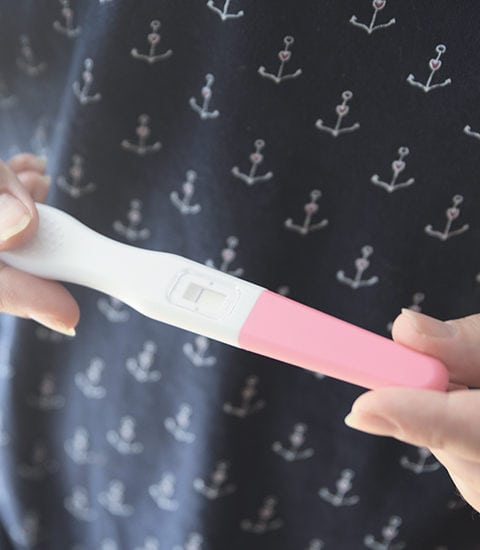
An infertility evaluation is a series of tests and exams to try and determine the reason why you are not getting pregnant. Finding the cause makes it much easier to treat the problem, though many times, infertility can be treated successfully even if no concrete cause is found. Several factors can contribute to infertility, so you may want to consider undergoing an evaluation if:
At Southern OBGYN, we understand and are sensitive to the fact that trying and failing to get pregnant can be an emotional and frustrating experience. We are here to support you through the process, and offer treatment and solutions that can help you as you begin to build the family you’ve dreamed about.
Nearly 40 percent of women who suffer from infertility have irregular or abnormal ovulation, or may not be ovulating at all (a condition known as anovulation). Other factors that may prevent you from getting pregnant include:
If you are struggling to become pregnant, you may want to schedule a visit with one of our experienced doctors at Southern OBGYN for a fertility assessment.
As with any initial visit, your first infertility assessment will involve a physical exam as well as a detailed medical history. Some of the questions that may be asked include:
Remember that your answers to these questions are completely confidential, and the purpose is to determine the reason behind your inability to become pregnant. It is essential that you are open and honest with your doctor so that we can compile an accurate assessment of your health. It is also vital to keep in mind that infertility evaluation is a process, and it typically takes a few menstrual cycles to complete a comprehensive assessment.
There are several ways to test for infertility, including lab tests, imaging tests, and diagnostic procedures. Laboratory tests typically test blood and urine, and may include:
Depending on your symptoms and the results of your initial tests, you may also undergo imaging tests, including ultrasound or laparoscopy to view the fallopian tubes and ovaries, or sonohysterography, hysterosalpingography or hysteroscopy to view the fallopian tubes and inside the uterus to determine if there are blockages or scarring.
In order for a couple to conceive, an egg has to be released from the woman’s ovaries and fertilized. For about 30 percent of the women who struggle to get pregnant, irregular or lack of ovulation (called anovulation) is the issue. If the culprit behind your inability to become pregnant is a problem with ovulation, your doctor may recommend undergoing ovulation induction.
Ovulation induction uses medication to stimulate ovulation in those women with irregular or absence of ovulation. The goal of the process is to increase your chances of conception, whether through intercourse or fertility treatments. If you have a gynecologic condition (such as PCOS) that inhibits normal ovulation, you will most likely benefit from ovulation induction. In fact, because it is a noninvasive and effective treatment, ovulation induction is typically one of the first avenues of treatment of infertility.
Ovulation induction uses hormone-based medication to help balance and regulate your reproductive hormones, which increases your chances of regular ovulation. The most commonly used medications for the treatment include:
In addition, you may find that getting treatment for another condition (such as hypothyroidism, prediabetes or obesity) may regulate your hormones and naturally jump-start the ovulation process. Our doctors may also suggest that you see an infertility specialist, or Reproductive endocrinologist.
If you are struggling to become pregnant and are searching for a doctor who is experienced in infertility and sensitive to what can be a difficult journey, look no further than Southern OBGYN. Our doctors are passionate about women’s reproductive health, and can guide you through the process, educating you and offering effective treatment so that you can grow your family. Call our office today at 337-235-4460 and schedule an appointment.
Schedule an appointment with our team to get your expert care 24 hours a day, 7 days a week.